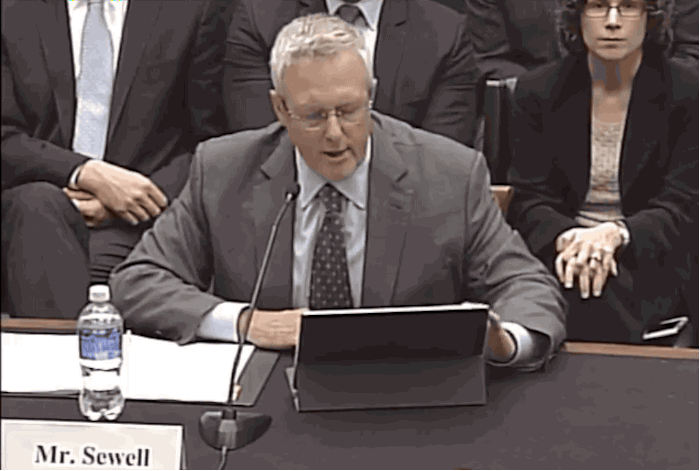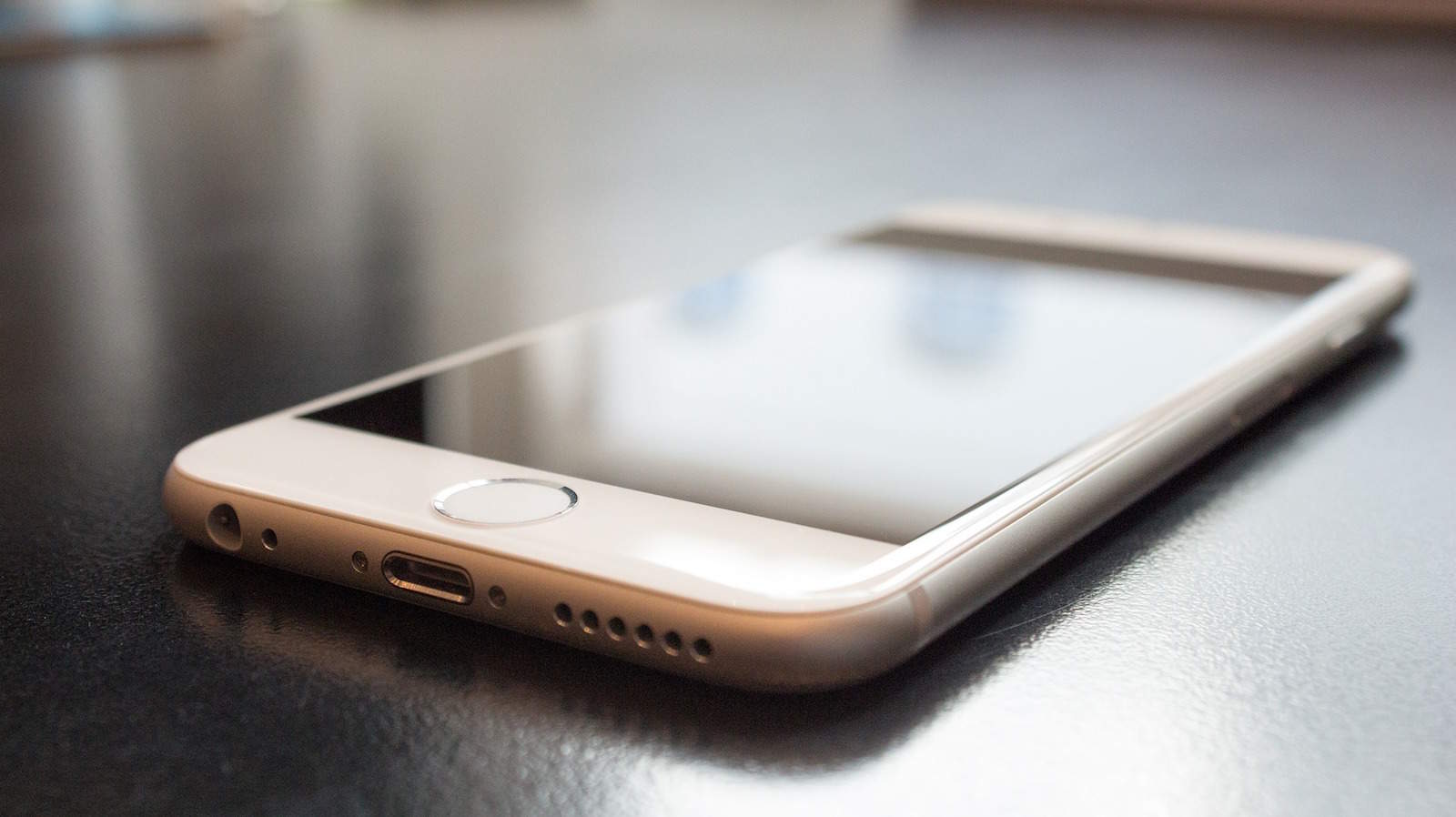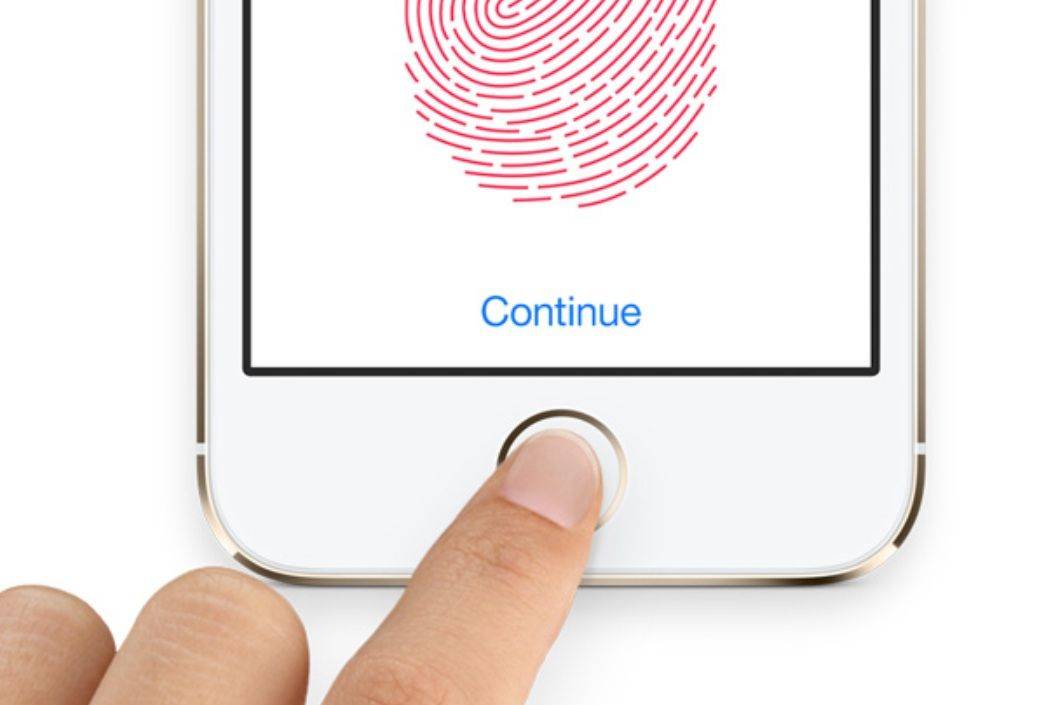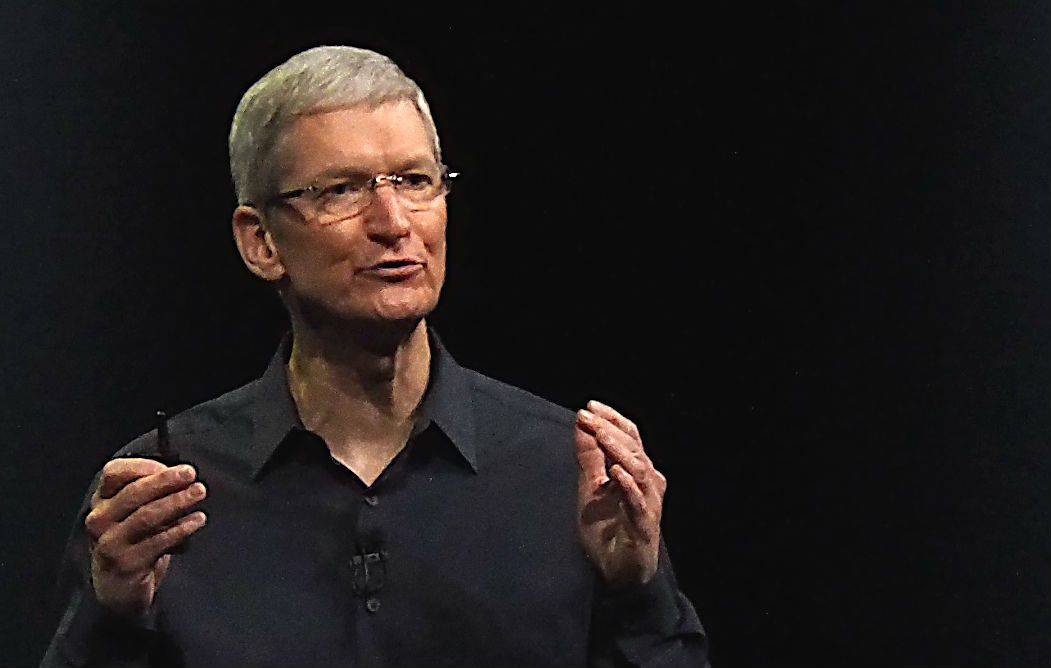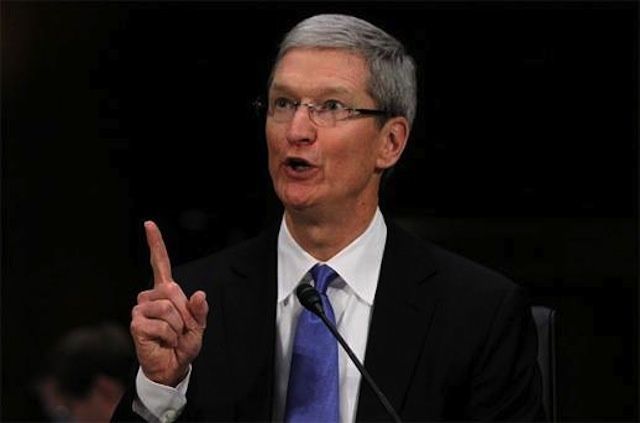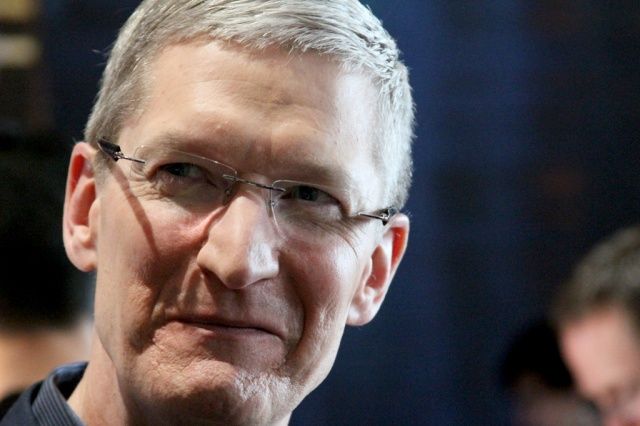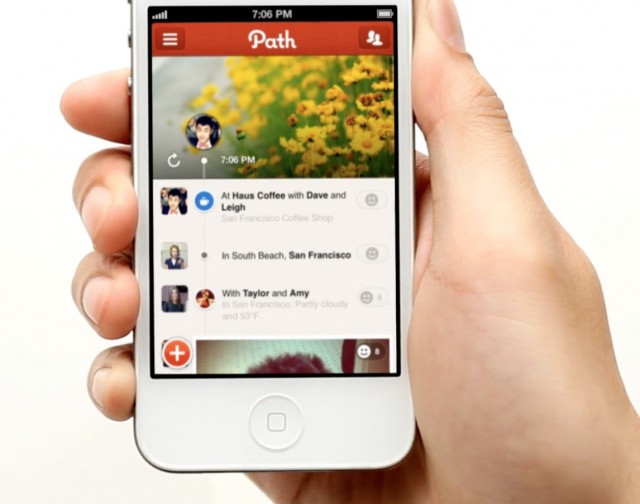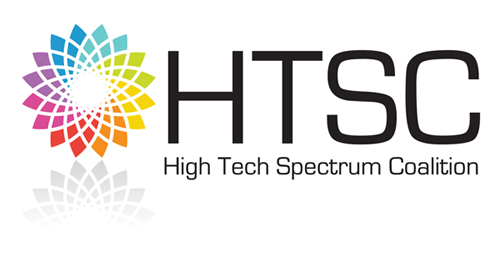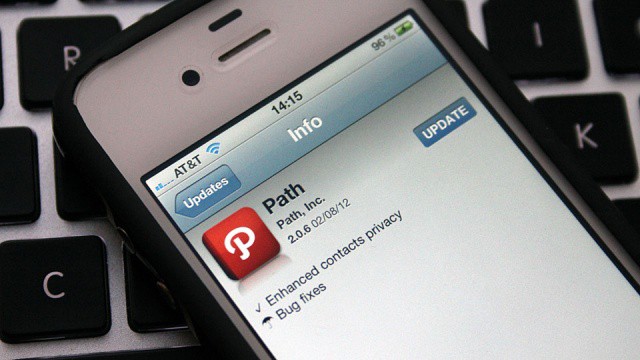Chinese authorities have demanded Apple give the country complete access to its source code within the last two years, but Apple says it has refused to comply with the government’s demands.
Apple’s top lawyer, Bruce Sewell, defended the company’s position before U.S. lawmakers at a congressional hearing today, after the iPhone-maker was accused by law enforcement officials of refusing to help the U.S. government while at the same time freely giving information to China for business reasons.
